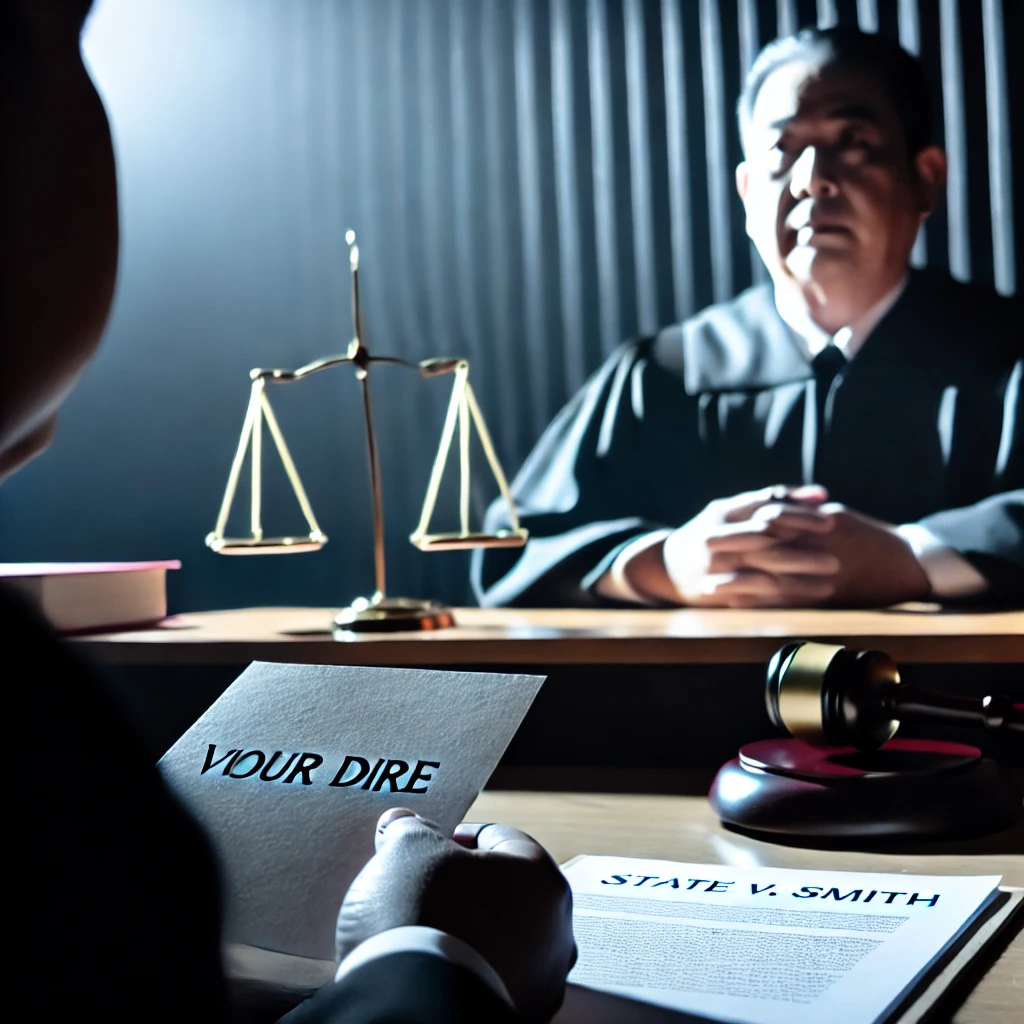In the case State of Washington v. Nathan Scott Smith (No. 102402-9), the Washington Supreme Court addressed key issues surrounding juror bias during jury selection. Nathan Scott Smith, who was convicted of first-degree rape of a child, argued that one juror (referred to as VP 27) demonstrated actual bias during voir dire, which he claimed should have disqualified her from serving. Smith contended that the juror’s statements about potentially agreeing with other jurors if she was “on the fence” reflected bias that could undermine his right to an impartial jury.
Smith’s defense moved to remove VP 27 for cause, arguing that her statements demonstrated an inability to maintain the presumption of innocence and hold the State to its burden of proof. Despite these concerns, the trial court denied the defense’s motion, allowing VP 27 to serve on the jury, which ultimately returned a unanimous guilty verdict. Smith appealed, asserting that VP 27’s participation violated his right to a fair trial. The appellate court initially reversed the conviction based on jury bias, but the State sought review by the Washington Supreme Court.
Legal Analysis: Assessing Juror Bias in Voir Dire
The Washington Supreme Court’s review focused on whether VP 27’s statements during jury selection showed unequivocal actual bias or whether they were merely equivocal statements that fell short of proving juror prejudice. VP 27 admitted that if she were uncertain, she might go along with the group, raising concerns about her impartiality. However, the court emphasized that equivocal statements alone are insufficient grounds for disqualifying a juror under Washington law.
Citing State v. Noltie, the court noted that trial judges are best positioned to assess jury bias during voir dire, as they can evaluate jurors’ tone, demeanor, and context. The court also highlighted that the legal standard for removal for cause requires clear evidence of bias. In this case, VP 27’s statements indicated a willingness to deliberate rather than an unequivocal inability to serve impartially.
Conclusion: Reaffirming Trial Court Discretion in Jury Bias Decisions
The Washington Supreme Court ultimately reversed the appellate court’s decision, reinstating Nathan Scott Smith’s conviction. The court held that the trial judge did not abuse discretion in declining to remove VP 27 for actual bias, as her statements did not clearly demonstrate bias that would affect her ability to be impartial. The ruling reinforces the deference given to trial courts in evaluating potential juror bias and highlights the importance of considering the totality of a juror’s statements during voir dire.
For more details, you can read the full opinion here: Washington Supreme Court Opinion – State v. Smith.
Review our client resources here
Contact us anytime for your urgent legal needs.
About Blanford Law:
We are no-nonsense, relentless, fair, and honest. We are great listeners instead of fast talkers, that is just who we are. More than 20 years ago, Ken began practicing law with a deeply-seeded belief that every person has the right to the best legal representation available. He built his law firm on that belief. Another belief that he strongly adheres to is his fundamental belief that clients deserve respect, with no assumptions or preconceived notions. If you or someone you know is accused of a crime or injured as a result of the negligence of another, please have them call us at 253-720-9304 or email us info@blanfordlaw.com

